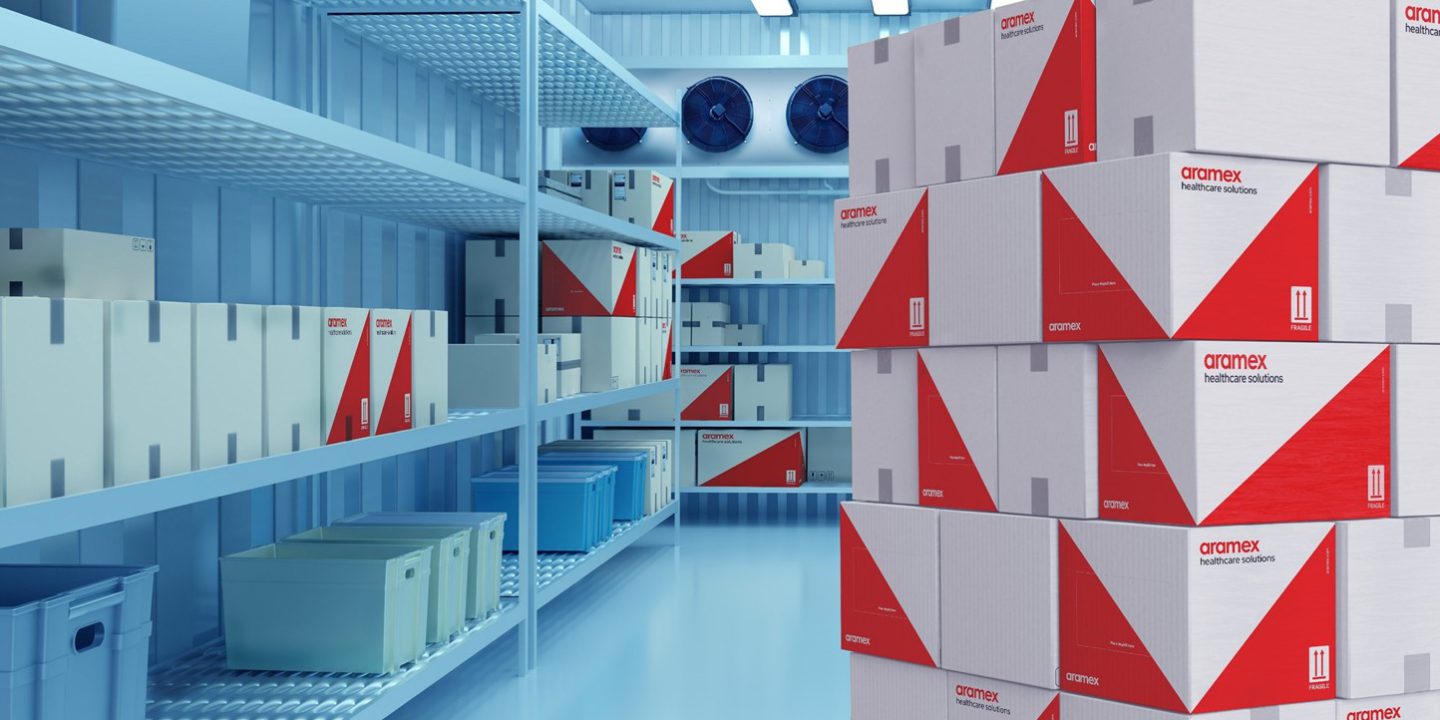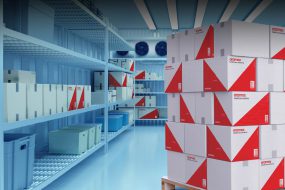

The world of healthcare logistics is entering a new era driven by technology, new business models, and rising consumer expectations. What was once a behind-the-scenes function is now a key part of delivering quality healthcare. In this article, we examine howhealthcare logistics companiesare adapting to change and its implications for supply chain managers, e-commerce businesses, and healthcare leaders.
The changing landscape of healthcare logistics
Medical supply logistics: A vital link
Medical supply logistics play a critical role in ensuring that everything, from medications to surgical tools, arrives safely and on time. With strict regulations and the need for precision, logistics providers are turning to smart technologies, such as real-time tracking, automated inventory systems, and data analytics, to enhance visibility and speed.
For a deeper look at how data is transforming logistics, check outthis article on big data in healthcare logistics.
Innovation from healthcare logistics companies
Today’shealthcare logistics companiesare at the forefront of innovation with technologies such as AI, blockchain, and IoT. These tools help track medical products securely, reduce the risk of counterfeit products, and monitor temperature-sensitive items in real time.
To see how these innovations are improving patient care, readhow logistics services are transforming healthcare.
Technology as a catalyst for change
Smarter transportation
Multimodal transportation—utilising air, sea, and land—provides flexibility and expedited delivery. Digital platforms now make it easier to coordinate these modes, improving efficiency. Drones are also being used to deliver supplies to remote areas, ensuring timely access to essential care.
Warehousing: Beyond storage
Modern warehouses are more than storage spaces. They utilise robotics and automation to expedite order fulfilment and minimise errors. Smart systems also help predict demand and manage stock levels, ensuring healthcare providers always have what they need.
Strategic insights for business leaders
Adaptability and efficiency
To remain competitive, business leaders must adopt a culture of innovation and sustainability. For example, adopting circular economy practices can reduce waste and improve environmental impact.
E-commerce businesses, especially those in urban areas, must understand how logistics affects their operations. Mastering complex supply chains can be a significant advantage.
Turning challenges into opportunities
From regulatory hurdles to cybersecurity risks, the challenges are real—but so are the opportunities. Companies that invest in secure systems and skilled teams will stand out in a competitive market.
Conclusion: Embrace the future of healthcare logistics
The future of medical supply logistics holds great potential. By embracing technology, improving efficiency, and staying adaptable, businesses can lead the next wave of healthcare transformation.
Ready to take your logistics strategy to the next level?Partner with usto streamline your operations and improve patient outcomes.




